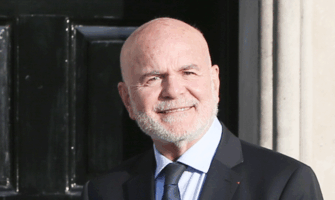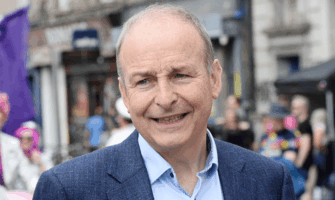
Kathryn Purves
IT IS difficult to know exactly how IFG got involved in the £200m Elysian bioethanol plant scandal that kicked off a few years ago, but it is still casting a pall over the group. It is also hard to understand why John Gallagher got involved in IFG, building up a 10% stake and becoming a director in February 2013 and then chairman before both he and his CEO, John Cotter, stepped down in April last year, followed by non-executive director Colm Barrington. The group has been racked with exceptional costs, which have seriously hit profits and left IFG shares on an unsustainable rating.
The Elysian debacle broke in 2017 when Citywire journalist Jack Gilbert broke the news of the “non-standard investment scheme” Elysian Fuels and IFG’s role.
Gallagher is not known to have any significant expertise in UK financial services. Apparently, he saw the IFG business as a simple pension and investment fund administrator and a very safe bet, but clearly the Elysian Fuels affair has shown otherwise.
Elysian Fuels was formed in 2010 to build a big bioethanol plant in Grimsby in the UK. It raised £100m for this development, floating the company off in the Channel Islands, only for the listing to be suspended in 2013.
The scheme has been a total failure. Around 500 clients of IFG’s pension fund administrator subsidiary, James Hay, invested here – losing around £55m as a result. Because of the way investors backed these shares into an IFG-administered pension fund, HM Revenue and Customs is going after them.
More worrying is the fact that the UK taxman seems to believe that IFG had some significant involvement and has issued a £20m assessment on foot of the Elysian investment scandal. James Hay says it “did not advise investors in relation to these investments” and acted “solely as a pension administrator”, with investors required to confirm their “sophisticated investor status prior to investing”.
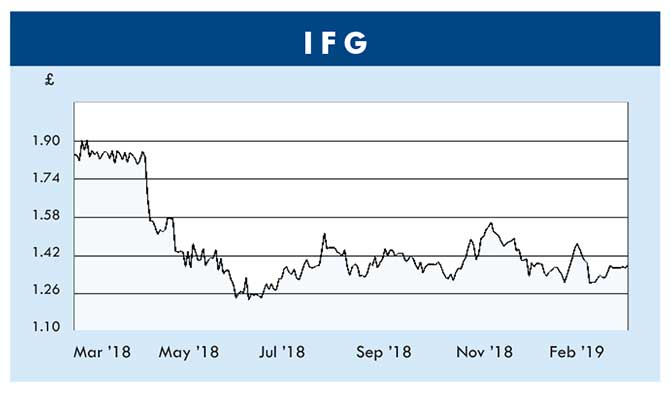
There were assorted problems in the background for IFG and, in 2016, the group closed down its small Irish insurance brokerage office in south County Dublin at a cost of €2.7m, while the closing of the regional Cambridgeshire office in the UK cost £2m.
In 2017, exceptional items shot up to just on £9m, with the biggest item here being provisions arising from Elysian Fuels. Of this, £1.3m was accounted for by IFG’s legal expenses, pushing the group from an operating profit of over £6m in 2016 to a loss of £433,000 in 2017.
Nevertheless the then chairman, John Gallagher, advised shareholders in IFG’s annual report issued on March 20, 2018, “I am pleased to announce the results of IFG. Strong underlying performance in both our businesses in 2017 has positioned both businesses well as we go into 2018.”
He did go on to note, “However, as part of the significant review to enhance our business in 2017, it is disappointing that we are dealing with a number of legacy issues, a resolution of which is impacting financial performance and has resulted in a reported loss for the year. These legacy matters may continue to impact on profitability throughout 2018. We are committed to bringing closure.”
Then CEO John Cotter noted, “The legacy issues, some of which have come to light as we make changes and improvements to our businesses, has resulted materially in increased exceptional costs… The Elysian issue is potentially material, with a potential maximum exposure of £20m. Based on advice from the group’s legal advisor, the directors are confident that the outcome at tribunal and/or any settlement with HMRC would be substantially lower than the maximum potential sanction charge.”
This is explosive stuff, but it was only in April 2018, when the Elysian Fuels scandal became much more public, that Gallagher and Cotter decided to exit.
Along with the Elysian Fuels scandal, there are assorted other exceptional items, such as the €2.7m cost of closing down IFG’s Irish mortgage and insurance business, the €2m cost of closing the British Swavesey office, the £1.6m cost of the potential client remediation review in the troubled Saunderson House and the £1.5m cost of the James Hay client remediation provision.
If you ignore all these, IFG’s figures don’t look too bad. In its last reported year in 2017, James Hay’s self-invested personal pension (Sipp) business increased funds under administration by 15% to E25bn, fuelled by a 5% increase in the number of Sipp schemes being administered to 55,000 and a 93% retention rate of earlier schemes.
This gave the Hay business a 5% share of the total British personal savings schemes market of £550bn.
room to grow
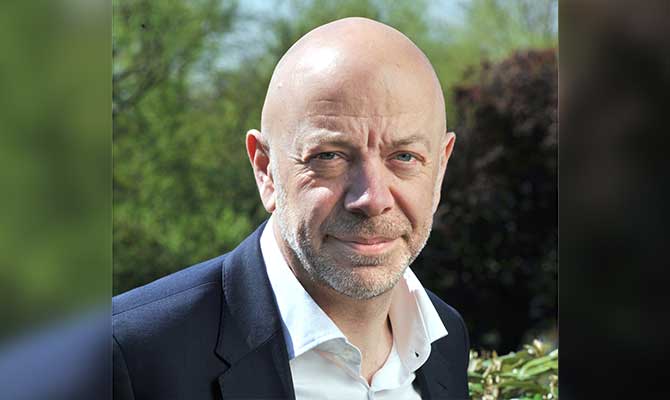
Alastair Conway
If it can move on from the reputational damage caused by the Elysian Fuels scandal, there is huge room for growth here, particularly as there are still many pension schemes that have yet to move over from the defined pension benefit model to the private pension contributions models.
Despite its ongoing growth, the underlying profitability at James Hay before exceptionals has been shrinking, dropping back from £10m in 2015 to £6m. Of course, all of this was wiped out by the £6m exceptional costs that had to be incurred in this division, mainly because of the Elysian Fuels issue.
According to John Gallagher’s chairman’s review in March 2018, despite the underlying series of setbacks he was still “pleased to announce the results for 2017”, even if it was “disappointing that we are dealing with a number of legacy issues”. He did not explain the 40% setback in returns in James Hay over the previous two years, advising, “strong underlying performance pre-exceptional costs… reflects the benefits of the decisions we have taken”.
revenue fall
Hay CEO Alastair Conway referred to “reduction in interest rates” by way of explanation, going on to advise that “pricing initiatives helped to mitigate this”. He also said operational efficiency delivered “a 46 employee staff reduction”.
Hay’s revenue, earned from the £25bn of assets under administration, fell 3% in 2017 to £46m. Because of its heavy costs, the James Hay division only made a 13% trading margin. It wouldn’t take much to go wrong in this environment for the company to finds itself trouble,
The Saunderson House side did reasonably well in 2017, with funds under administration up 11% to just top £5bn and clients up 8% to 2,120, meaning that each client has invested £2.4m in a mixture of funds advised by Saunderson House. The average gross fee charged here works out at 0.63%, a lot more than the 0.18% charged in Hay and enough to earn a gross revenue of over £32m. The manpower needed here is a lot less even if each of these staff has much higher earnings. Saunderson managed to make 22% higher operating profits of £8.6m to return double James Hay’s trading margins, at just on 27%. This was somewhat offset by the disturbing £1.6m provision “relating to the resolution and remediation of the legacy matter identified”. This latter is in addition to the Elysian Fuels scandal.
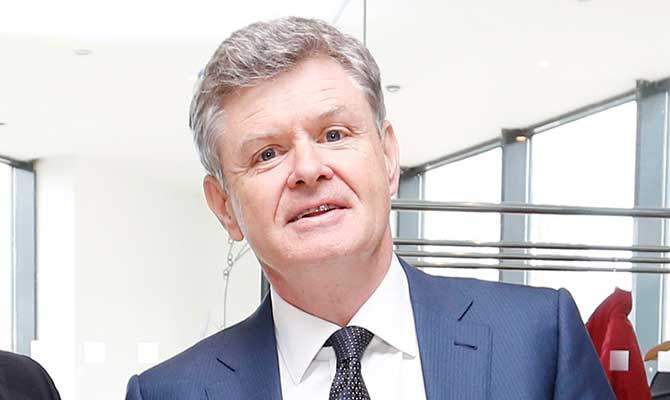
John Gallagher
The total IFG group increased underlying operating profits in 2017 by 5% to £8.4m but the exceptional write-offs of just on £9m, left the group with a net loss of £433,000.
In January 11, 2018, Mark Dearsley was brought in as interim CFO. On April 17 last year he was made deputy group chairman, before replacing Gallagher on May 9. A chartered accountant with considerable experience, he brought in the experienced Kathryn Purves as the new CEO at the beginning of April 2018. Purves is currently grappling with the Elysian Fuels issue and, in particular, the £20m assessment the British Revenue has served on the company. As the fund administrator in relation to the Elysian Fuel scheme, IFG/James Hay should have no responsibility for the manner in which the Elysian tax-driven scheme was funded, but maybe HMRC believes that the Hay partnership has been involved in some advisory capacity. IFG is fighting the £20m assessment and has not provided for it on the basis that it had no advisory responsibility in the matter.
The good news is that the new CEO has reported underlying progress in the total group business, with funds under administration at the end of June last year up 8% to over £31m, revenue up 12% to £43m and adjusted operating profit up a whopping 54% to £5.7m. After exceptional costs of £3.2m, mainly related to Elysian Fuels, the bottom line only came to just over £1m – a jump from the previous year but disappointing nevertheless.
Ignoring exceptionals, adjusted earnings per share were up 42% to 4.24p. If this is maintained for the second half of 2018, the shares, at £1.38, would be trading on a very demanding 16 times price earnings multiple.
Given the Elysian Fuels issue has not gone away, this looks like a hugely optimistic rating.
Reference the Market Abuse Regulations 2005, nothing published by Moneybags in this section is to be taken as a recommendation, either implicit or explicit, to buy or sell any of the shares mentioned.



















